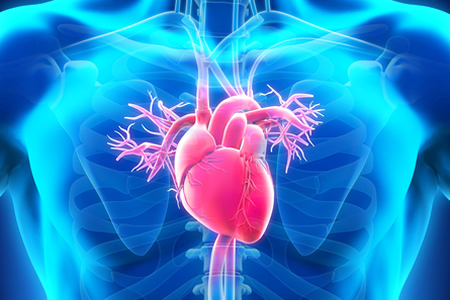When heart cells are damaged, they do not heal sufficiently as cardiomyocytes lack the ability to replace dead tissue with new and healthy tissue. Cardiomyocytes are among the least renewable cells in the body and typically renew by only 1% annually. Such a low rate of cell turnover means that following a severe myocardial infarction or other serious injury to the heart, patients are likely to experience heart failure.
However, new research suggests that it may be possible to remove the barriers that prevent cardiomyocyte proliferation by reprogramming the cells and returning them to a fetal state.
Heart cells are highly specialized. Once they have formed from stem cells, they are not involved in other cellular activities such as proliferation, which is an essential function for repairing damaged tissue.
Researchers at Baylor College of Medicine and the Texas Heart Institute have been investigating the genetic mechanisms that prevent heart cells from regenerating. Previous research showed the Hippo pathway prevents the proliferation of cardiomyocytes through the inhibition of the YAP pathway. The researchers developed a mouse model that expressed a version of the YAP pathway in adult cardiomyocytes, named YAP5SA, which was not affected by the inhibitory effects of the Hippo pathway.
By expressing YAP5SA the researchers were able to reprogram adult cardiomyocytes into an embryonic state and significantly increased the rate of proliferation. One week following treatment, cardiomyocyte numbers increased by around 40% and the YAP5SA-lineage cells were capable of forming connections with existing cardiomyocytes. This is the first time that researchers have been able to reprogram cardiomyocytes in live animals.
The research demonstrates that it is possible to revert even highly specialized cells to an embryonic state through the manipulation of genes. The technique could potentially be used in humans to reprogram cardiomyocytes following a serious heart attack, improving the prognosis for patients.
The research is detailed in the paper – YAP Partially Reprograms Chromatin Accessibility to Directly Induce Adult Cardiogenesis in Vivo – which was published on February 14, 2019 in the journal Developmental Cell. DOI: 10.1016/j.devcel.2019.01.017
